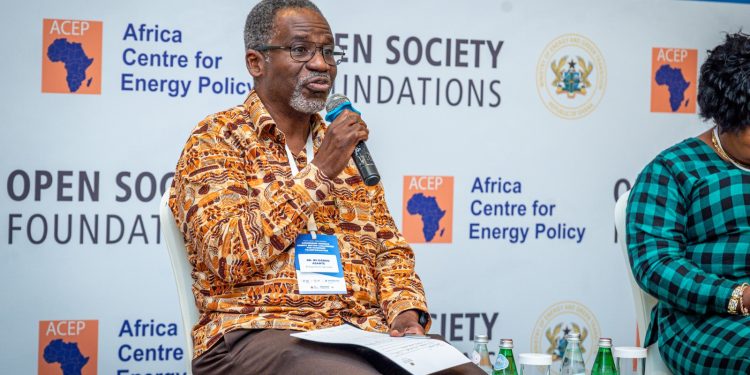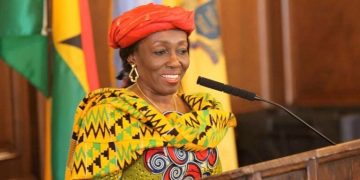Privatisation Not a Cure for Energy Sector Debt, Says Dr. Nii Darko Asante Warns
Energy Sector Specialist, Dr. Nii Darko Asante, has raised critical concerns about the persistent debt crisis in Ghana’s power sector, cautioning that the underlying issues go beyond privatisation and require structural transparency and accountability.
Speaking at the High-Level Discussion on Addressing Ghana’s Energy Sector Challenges for Economic Transformation, Dr. Asante stated that the sector’s financial difficulties have long been characterised by systemic shortfalls between the actual cost of electricity generation, transmission, and distribution, and the revenues collected from consumers.
“We have debts. We sometimes call them legacy debts, but the reality is there’s a shortfall between the cost to generate and distribute electricity and the money collected from industrial and residential consumers,” Dr. Asante said.
He noted that power generators often have government-backed guarantees that force the state to absorb unpaid balances from distribution companies, a burden ultimately shifted to citizens through increased taxes or higher tariffs.
“Neither the president nor the minister is going to dig into his pocket to pay that balance. It will come from us, the citizens, one way or another,” he remarked.
A major concern, he stressed, is the lack of clarity on the actual size of the financial shortfall. “Nobody really seems to know what the gap is. There are estimates, but no publicly defined figure that tells us whether we are short GH¢100 million or GH¢200 million monthly,” he lamented.
The absence of transparent data, Dr. Asante explained, has created speculation not only about the magnitude of the deficit but also about its source – whether from underpriced tariffs, excess power capacity, or systemic inefficiencies.
According to him, Ghana is possibly moving from a period of excess generation capacity to a looming power shortfall, yet there remains no consensus due to the politicisation of what should be a purely technical matter.
“How can we argue over whether there’s a power shortfall? GRIDCo knows how much power is on the grid, but instead of relying on that data, we argue in the media,” he said.
Dr. Asante concluded that the core issue undermining reform in the sector is the lack of reliable information, asserting, “You can’t manage what you don’t measure.”
His comments come amid renewed calls for the privatisation of the Electricity Company of Ghana (ECG), a move some experts argue could resolve inefficiencies. However, Dr. Asante’s intervention suggests that without tackling the data and accountability gap, such reforms may not yield sustainable outcomes.








